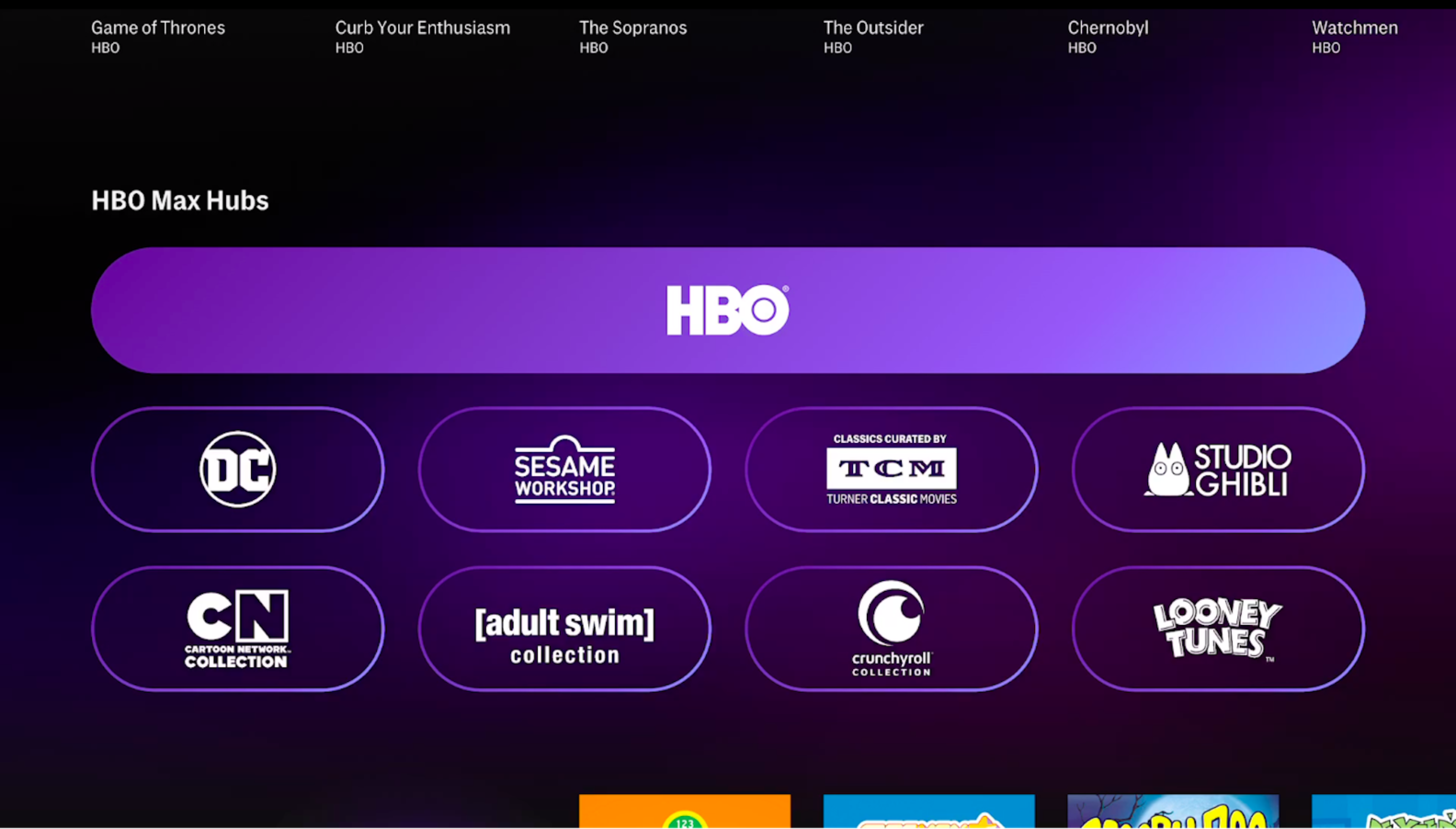Dems Diss AT&T Over Zero Rating HBO Max

The smarter way to stay on top of the multichannel video marketplace. Sign up below.
You are now subscribed
Your newsletter sign-up was successful
Some prominent Democratic senators are pressing AT&T on reports that it is not counting its owned HBO Max streaming against its customers data caps, a practice dubbed zero rating.
By contrast, Netflix, Hulu and Disney Plus is not exempted from data usage limits.
That came in a letter to AT&T CEO Randall Stephenson from Sens. Ed Markey (D-Mass.), Ron Wyden (D-Ore.) and Richard Blumenthal (D-Conn.).
"According to recent reporting and comments from AT&T executives, your company has a policy of favoring a specific streaming service in a manner that appears to runs contrary to your stated support for a free and open internet,” the senators wrote. “The Trump FCC may have gutted critical net neutrality protections, but AT&T nonetheless has a responsibility to avoid any policies or practices that harm consumers and stifle competition.
"Although HBO Max may technically be paying for this benefit, AT&T is essentially paying itself. This practice of allowing one arm of your company to 'pay' another arm of your company for preferential treatment attempts to mask its true impact."
“Our wireless subscribers can stream HBO Max video without incurring data charges, which will save money for millions of consumers," said AT&T in a statement. "This is based on a Sponsored Data arrangement and is a program we offer on the same terms to any entities who wish to sponsor data for their customers. This is similar to arrangements some of our competitors have.”
The FCC under former chairman Tom Wheeler put out an advisory that zero rating and sponsored data plans violated the FCC's Open Internet Order net neutrality rules, but that advisory was rescinded by FCC chair Ajit Pai in 2017, as were the net neutrality rules a year later.
The smarter way to stay on top of the multichannel video marketplace. Sign up below.
Fans of zero rating plans, including Pai, say they are pro-consumer.
Broadband providers argue that zero-rating plans are a user-friendly way to differentiate service — for example, T-Mobile zero-rated Pokémon Go as a way to differentiate its service as the wildly popular VR game swept the nation. On the other side, opponents argue zero rating is a pay-to-play way for some services to get an unfair advantage and divide the net into haves and have nots."
Contributing editor John Eggerton has been an editor and/or writer on media regulation, legislation and policy for over four decades, including covering the FCC, FTC, Congress, the major media trade associations, and the federal courts. In addition to Multichannel News and Broadcasting + Cable, his work has appeared in Radio World, TV Technology, TV Fax, This Week in Consumer Electronics, Variety and the Encyclopedia Britannica.

